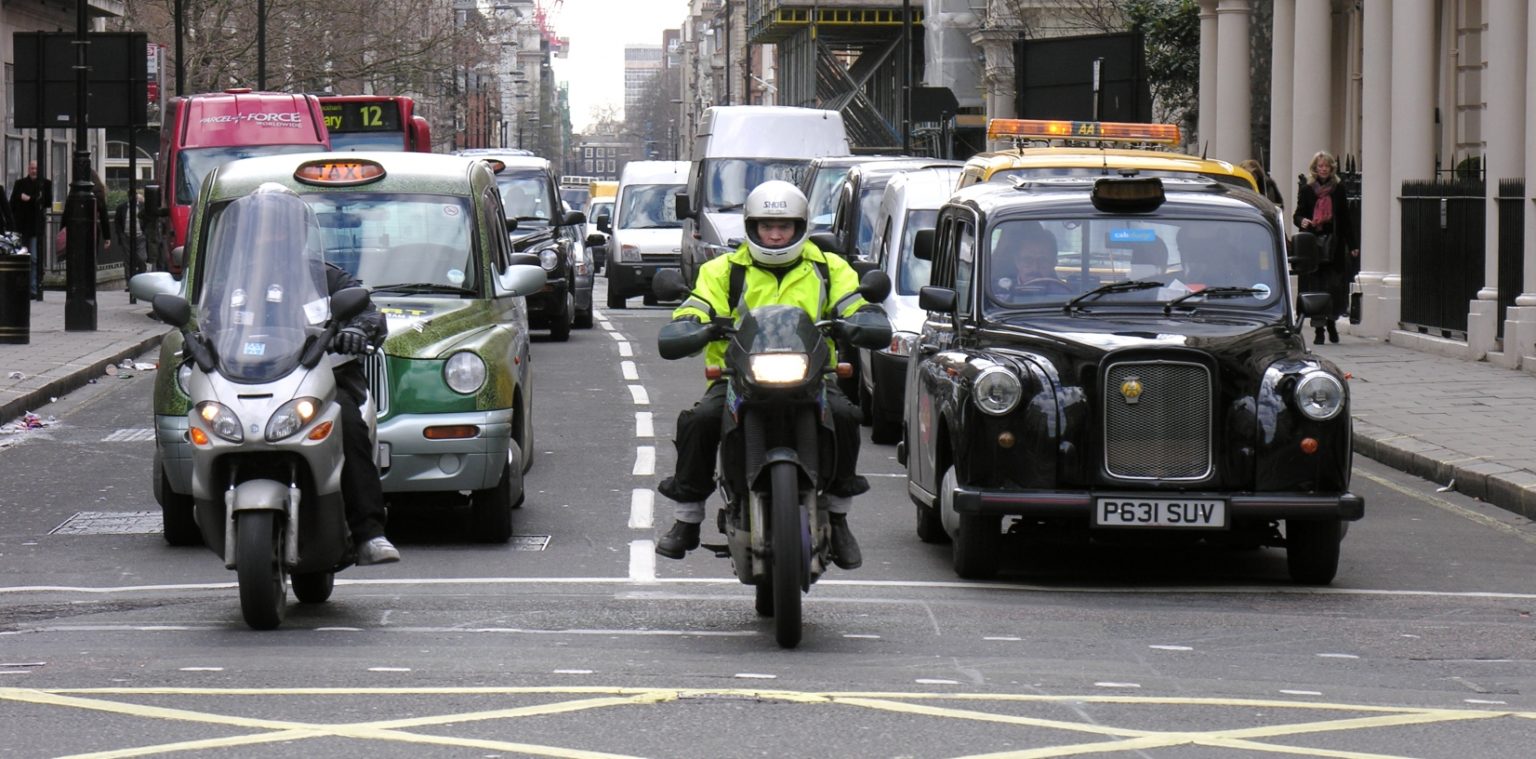Local authorities are unlikely to be able to tackle air pollution due to government cutbacks, as London continues to struggle to implement air quality controls.
Speaking at an event organized by the student-led Kings thinktank last week, IPPR research fellow Laurie Laybourn-Langton claimed “local authorities don’t have the money” to address air quality issues, as government has “hollowed out the middles of these organisations, leaving them without time and space to act”.
He told DeSmog UK that the government has “systematically stripped back the resources within the civil service and other areas of government in the last 6 years.”
“This presumably would encumber their ability to develop and action a workable plan to bring air pollution within legal limits in the shortest time possible.”
In August, a DeSmog UK investigation revealed that over half of 38 councils in England have cut staff dedicated to working on climate change since 2011.
Laybourn-Langton’s comments are particularly concerning in the wake of a new report from the European Environment Agency that shows London’s Marylebone Road, just 30 minutes’ walk from Thursday night’s event, had the highest levels of nitrogen dioxide in Europe in 2013.
It shows air pollution levels were an average 2.5 times the legal limit in the area.
The report attributes 12,000 deaths in the UK to nitrogen dioxide pollution, which can affect heart and lung conditions and comes mainly from diesel vehicle emissions in urban areas.
The High Court recently ruled the government was not doing enough to tackle bad air quality.
NGO Client Earth brought the case after the government prepared “vague proposals” that would have taken 9 years to secure compliance and relied on problematic emissions data.
The plan proposed only six clean air zones, despite 37 out of 43 zones having illegal levels of air pollution.
The High Court ruled that the government’s timetable for delivering a new plan by September next year was “far too leisurely”.
Main image credit: Mike Knell via Flickr CC BY–SA
Subscribe to our newsletter
Stay up to date with DeSmog news and alerts







